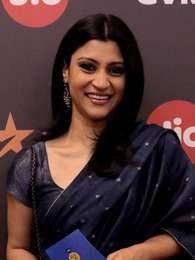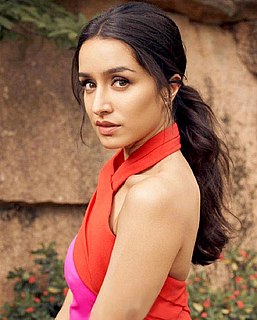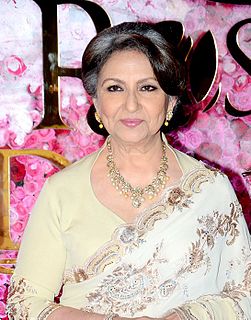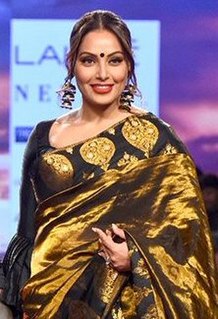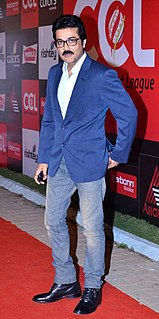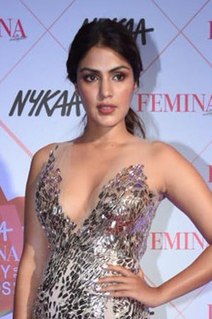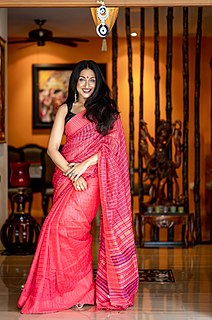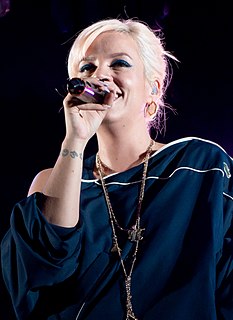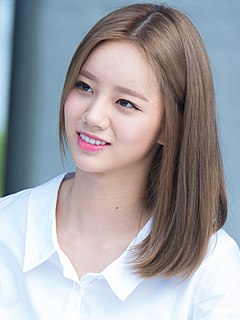A Quote by Konkona Sen Sharma
It is true that there are some surface similarities between my mother and Mrinalini's character since both were successful commercial actresses in the 1970s in Bengali cinema. In that sense I have taken cues from my mother about how to portray the younger Mrinalini.
Related Quotes
Some of the most successful, talented actresses of our generation, be it Julianne Moore, or Charlize Theron, or Charlotte Gainsbourg, or Isabella Rossellini, if you know your cinema history, have taken their clothes off. There's nothing wrong with nudity, per se, if it's part of the storytelling and it's eloquent and it says something about the raw humanity of the story.
If I were hanged on the highest hill, Mother o’ mine, O mother o’ mine! I know whose love would follow me still, Mother o’ mine, O mother o’ mine! If I were drowned in the deepest sea, Mother o’ mine, O mother o’ mine! I know whose tears would come down to me, Mother o’ mine, O mother o’ mine! If I were damned of body and soul, I know whose prayers would make me whole, Mother o’ mine, O mother o’ mine!
